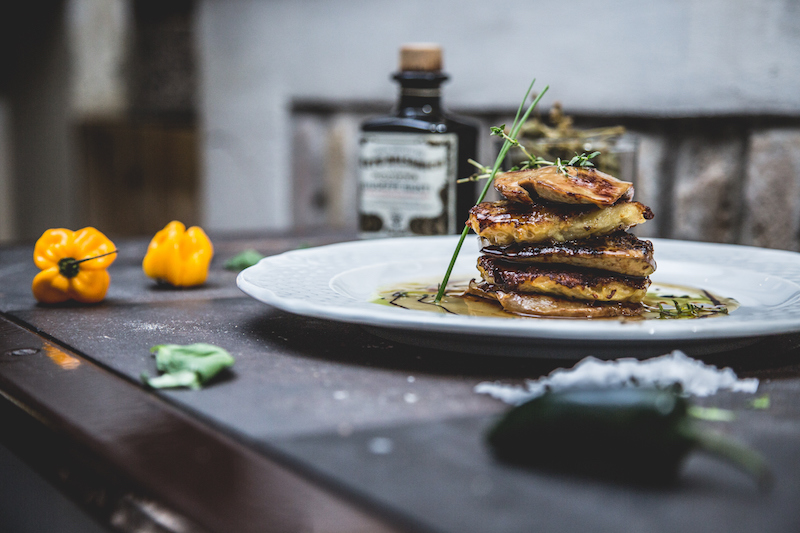
A federal appellate court decision could send foie gras off the menu—again.
Rich, buttery, and cruel? Foie gras, the fattened liver of a duck or goose, can leave different tastes in your mouth depending on your preferences. The dish’s notoriety outside of the culinary context stems from its arguably inhumane production: A bird raised for foie gras is traditionally force-fed through a tube inserted into its esophagus until its liver expands up to ten times its normal size. Yet, legislative responses to these concerns have met with limited success in the United States. For instance, the state of California currently has a law that bans the sale of foie gras produced through force-feeding but has been unable to enforce it because of a legal challenge.
A recent ruling by a federal appeals court, however, has put the ban back on track by reversing a lower court’s ruling blocking the law. Although over 17 countries have enacted bans on the production of foie gras, California’s law is the first attempt to regulate the production and sale of foie gras in the United States.
In 2004, the California State Legislature passed Senate Bill 1520, which banned the sale of foie gras produced through the practice of force-feeding birds. Yet, the law did not take effect for more than seven years—a delay designed to allow producers of foie gras sufficient time to adjust animal husbandry methods to produce foie gras more humanely. Notably, the law did not ban the dish outright—unlike a short-lived ban in Chicago—and instead banned only foie gras produced by force-feeding.
But shortly after the law took effect in 2012, two foie gras producers and one restaurant that served foie gras sued California and sought a ruling that would prevent the state from enforcing the law. The restaurant and producers won their case at the trial court; the court found that the state law was preempted by a federal law and blocked California from enforcing the ban.
The trial court’s ruling relied on the Supremacy Clause of the U.S. Constitution, which prevents states from legislating in areas where federal law controls. More specifically, the trial court found that a federal law—the Poultry Products Inspection Act (PPIA)—expressly preempts states from imposing “ingredient requirements” on poultry. The court determined that the practice of force-feeding birds was essentially an ingredient of foie gras and that states were preempted from creating any law on the issue.
On appeal, the U.S. Court of Appeals for the Ninth Circuit reversed the trial court and found that the PPIA did not expressly preempt California’s ban. The court determined that forced feeding is not an ingredient—or a physical component—of foie gras, but rather a process of production, much like raising a chicken “cage-free.” Furthermore, the court noted that states have historically been free to regulate animal cruelty and found no evidence that Congress intended to foreclose this authority through the PPIA.
The appeals court also considered two arguments that the PPIA impliedly preempts the California ban. First, the court rejected the argument that the law regulates all food resulting from poultry production, finding that the PPIA permits states to enact supplemental, stricter regulations of poultry products. Second, the court rejected the claim that the ban would obstruct the purposes of the PPIA, ruling that California’s ban of a practice it finds inhumane would not frustrate the federal law’s purpose of ensuring that poultry products are “wholesome” and “not adulterated.”
The appeals court’s ruling reverses the previous bar on enforcing the ban on selling foie gras from force-fed birds. The restaurant and foie gras producers have already vowed to pursue additional appeals, however, and, until the appeals process is complete, selling foie gras from force-fed birds remains legal.
Although similar legislation has been introduced in other states, California remains the only state to regulate the production and sale of foie gras. The state’s ban also affects a significant share of the nation’s market for foie gras, as California was formerly the second-largest producer of foie gras in the United States. Should the appeals court’s decision stand, California’s law—banning not the dish, but the force-feeding process—could encourage more humane animal husbandry. And if foie gras production techniques evolve, Californians may get to have their liver and eat it too.



